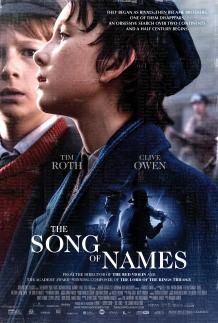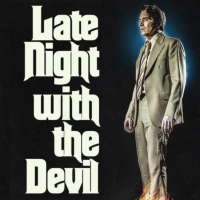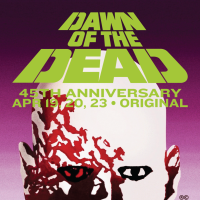It’s 1951, and a major musical event is about to enliven London’s classical scene. The evening depicted in this movie’s opening will feature a young violin virtuoso, Dovidl Rapaport, playing a program of Bruch and Bach. Dovidl’s friend Martin, a fellow in his early twenties like the absent violinist, tries to reassure the older folks around him that the musician wouldn’t miss this date.
But he does. And Martin never sees him again. More than 30 years later, this is still eating at the adult Martin, played by Tim Roth. Now a music teacher, married to his teen sweetheart, he finds himself intrigued by an auditioning would-be student who rosins his bow in a particular way. That way belonged to Dovidl, who, we learn in flashbacks, was an arrogant child prodigy left in the care of Martin’s father before the outbreak of World War II. A self-proclaimed genius, he initially infuriates the buttoned-up young Martin. But they soon become the best of friends, and in England, young Dovidl is molded by Martin’s doting father, who’s grooming him for a career. Even as his family back in Poland is being shuttled to Treblinka.
Based on a novel by Norman Lebrecht and directed by François Girard, The Song of Names is a pointed demonstration that ‘survivor’s guilt’ is a rather more complex state than the slightly glib phrase suggests.



















